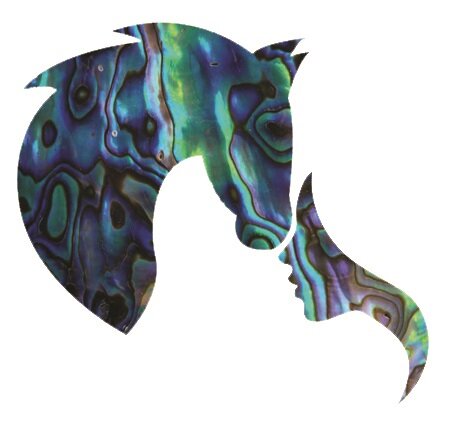Our Mission
Tō Mātou Moemoeā
“Ngā hōiho e āwhina ana i te hapori whānui, mā te tikanga Māori”
Ngā hōiho means “horses”
e āwhina ana means “helping”
i te hapori whānui means “the community holistically”
mā te tikanga Māori means “through Māori customs and values”
“Horses helping the community holistically, through Māori customs and values.”
Te Kaupapa
“Ko tā mātou kaupapa, he whakakaha ake i te hapori mā ngā hōiho, mā te tikanga Māori, kia pai ake te oranga o ngā whaiora, mā te manaakitanga me te whanaungatanga.”
“Our mission is to empower the community through horses, using Māori customs, to enhance the well-being of those seeking wellness, through hospitality and relationships.”
Aotearoa has one of the highest youth suicide rates in the developed world. A UNICEF report indicates that for teenagers aged 15 to 19, Aotearoa's youth suicide rate is the highest among 41 OECD and EU countries, at 15.6 suicides per 100,000 individuals. This figure is double the rate of the United States and nearly five times higher than that of the United Kingdom.
Contributing factors to this distressing statistic include child poverty, high rates of teenage pregnancies, family violence, child abuse, and issues of cultural identity, especially among Māori and Pacific Islander youth. It is vital to address these root causes to decrease the youth suicide rate in Aotearoa.
It is estimated that around one in five individuals will endure a serious sexual assault in their lifetime, and for some, such incidents occur repeatedly.
Moreover, many cases of rape go unreported.
Waiora, in the context of Aotearoa, holds significant cultural importance, especially for Māori communities. It represents a holistic concept of wellbeing that encompasses both physical and spiritual health. Here are some key points about waiora and its connection to cultural identity in Aotearoa:
Connection to Nature: Waiora emphasizes the deep connection between people and the natural environment, including water (wai), land (whenua), and air (hau takiwā). This connection is reflected in the belief that the health of the environment directly impacts the health of the people1.
Mauri (Life Force): Water bodies such as rivers, lakes, and wetlands are considered to have their own mauri, or life force. Protecting the mauri of these natural resources is crucial for maintaining the mana (prestige) and identity of the hapū (sub-tribe)2.
Whakapapa (Genealogy): Waiora acknowledges the shared genealogy between people and the environment. This interconnectedness is a fundamental aspect of Māori cultural identity, reinforcing the idea that caring for the environment is also caring for oneself1.
Cultural Practices: Traditional Māori knowledge (mātauranga Māori) and practices often include the role of tīpuna (ancestors) and atua (gods) in maintaining the balance and wellbeing of the environment3.
Holistic Wellbeing: Waiora is not just about physical health but also includes mental and spiritual wellbeing. Spending time in nature, engaging with traditional knowledge, and maintaining a connection to the environment are all ways to enhance one’s waiora1.


